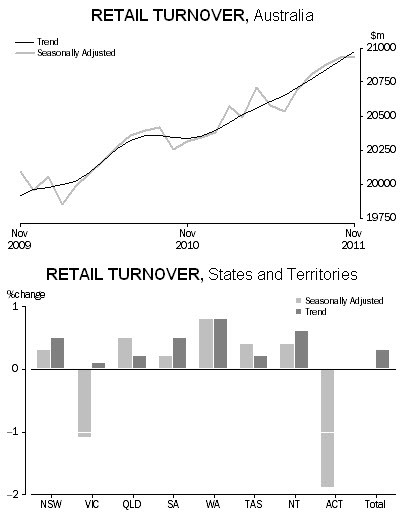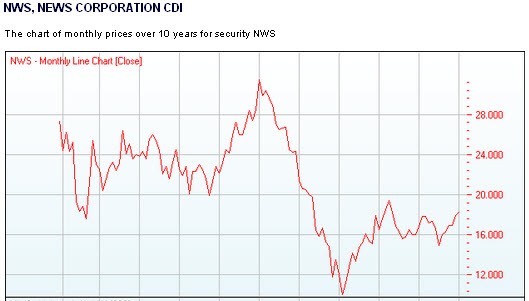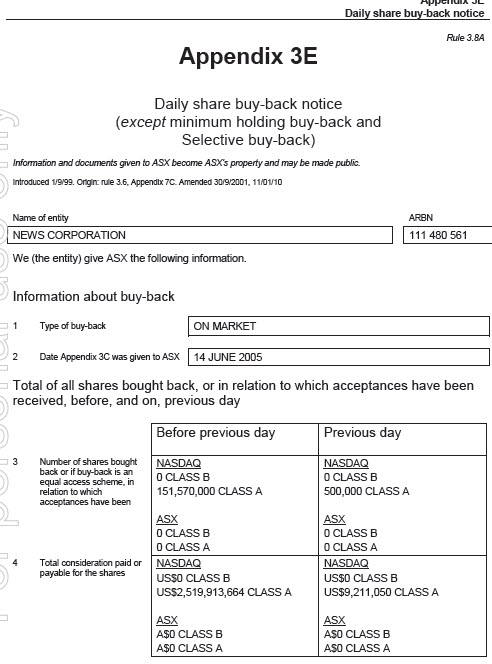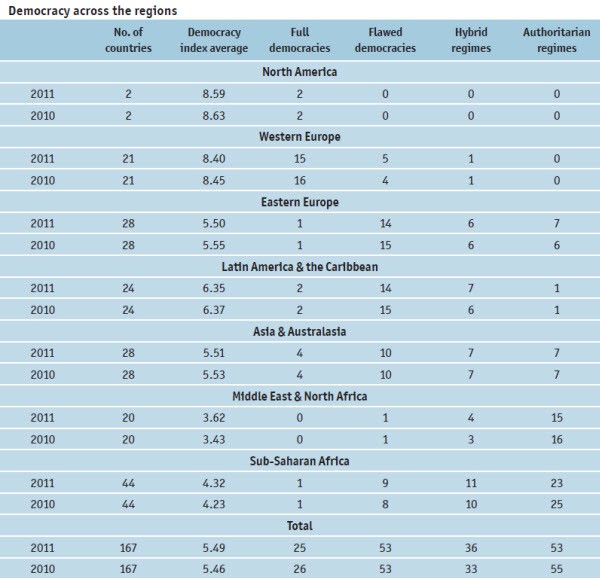No mad shopping spree. Australians certainly did not go on an early pre-Christmas shopping spree.
The Australian Bureau of Statistics retail sales figures for November out today had the seasonally adjusted estimate for turnover was relatively unchanged (0.0%) following a rise of 0.2% in October 2011 and a rise of 0.3% in September 2011.
In current prices, the trend estimate for Australian turnover rose 0.3% in November 2011 following a rise of 0.3% in October 2011 and a rise of 0.3% in September 2011.

With the anecdotal evidence suggesting that December was far from being a boom time for retailers, the likelihood of a further interest rate cut when the Reserve Bank Board meets next month is surely increasing.
Forgiving Rupert. The money is talking louder than the scandal. The News Corp share price has recovered from the downward blip caused by the British phone tapping expose when nearly a quarter of its market capitalization, some $11 billion, was lost in just four weeks.
New year trading has taken the share price to a 52-week record, above the level of 4 July when the story broke of its News of the World Sunday tabloid listening in to a murdered British schoolgirl’s voice mail.

Reuters quotes analysts saying the attitude to News Corp had now changed. “The market is reacting to strong fundamentals in this business, they reported pretty strong numbers in their September quarter, and the Murdoch discount is declining,” according to Collins Stewart analyst Thomas Eagan.
Buying back a heap of its own shares has no doubt helped the process. The company reported to the ASX this morning that it had spent $2.5 billion in this fashion since August.

Under pressure from left and right. French President Nicolas Sarkozy has troubles on his left and his right according to an opinion poll published this week in the Journal du Dimanche. The newspaper has the socialist candidate for March’s election, Francoise Hollande, with 28% support, the right wing national front candidate Marine LePen at 19% and Sarkozy between them on 26%.

The poll shows that in a second run-off election between the top two candidates Hollande would be a clear winner with 54% of the vote to Sarkozy’s 46%. For Sarkozy to make that run-off contest he must first maintain his lead over LePen whose vote is holding up better than many pundits predicted.
Democratisation coming to a halt. According to the Economist Intelligence Unit the decades-long global trend in democratisation has come to a halt. In its annual Democracy Index (registration required) for so11 the EIU says the global record in democratisation since the start of its so-called third wave in 1974, and acceleration after the fall of the Berlin Wall in 1989, had been impressive but there has been a decline in democracy across the world in recent years.
The dominant pattern globally over the past five years has been backsliding on previously attained progress in democratisation. The global financial crisis that started in 2008 accentuated some existing negative trends in political development.
A political malaise in east-central Europe has led to disappointment and questioning of the strength of the region’s democratic transition. Media freedoms have been eroded across Latin America and populist forces with dubious democratic credentials have come to the fore in a few countries in the region. In the developed West, a precipitous decline in political participation, weaknesses in the functioning of government and security-related curbs on civil liberties are having a corrosive effect on some long-established democracies.








Oh what a difference an “e” makes. Could it be that Francois Hollande’s current popularity in France could be due to the fact you appear to have given him a sex change?